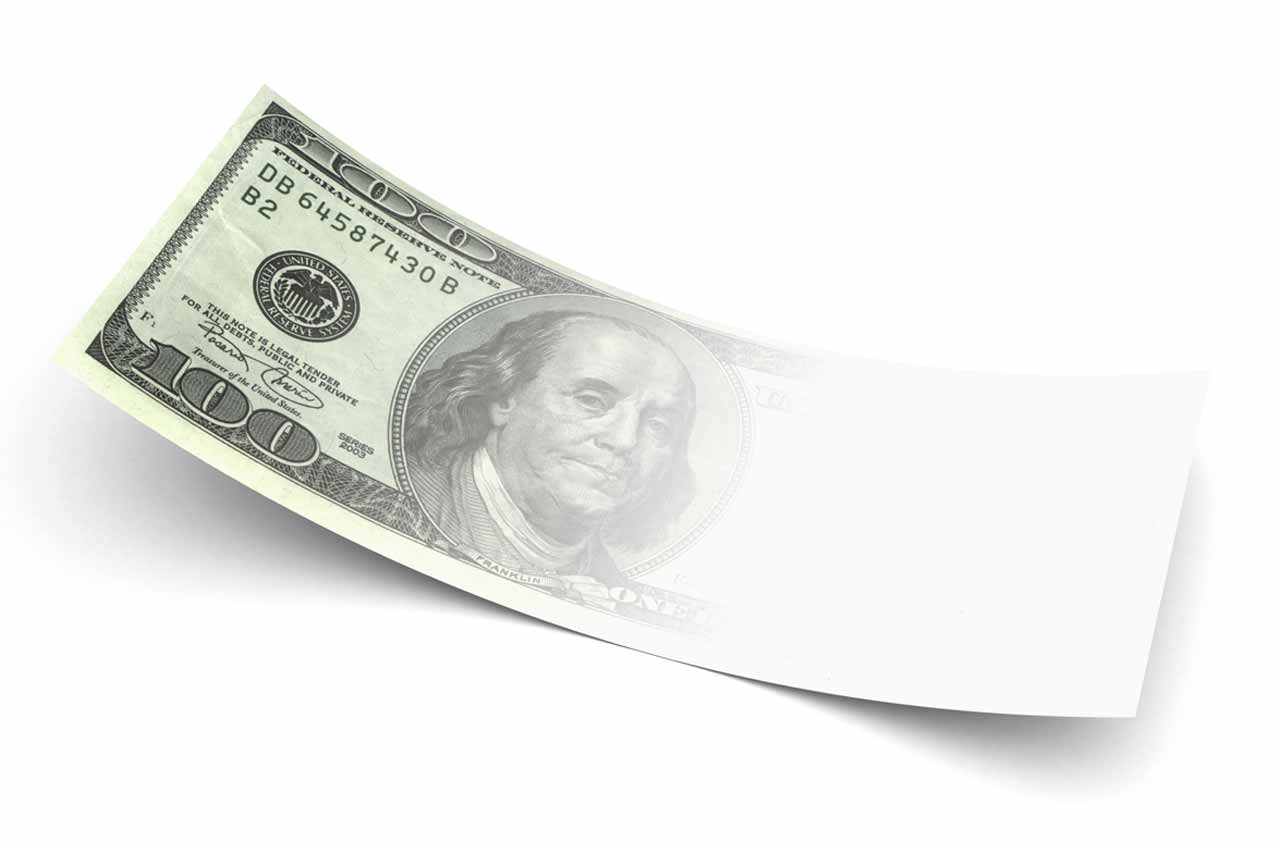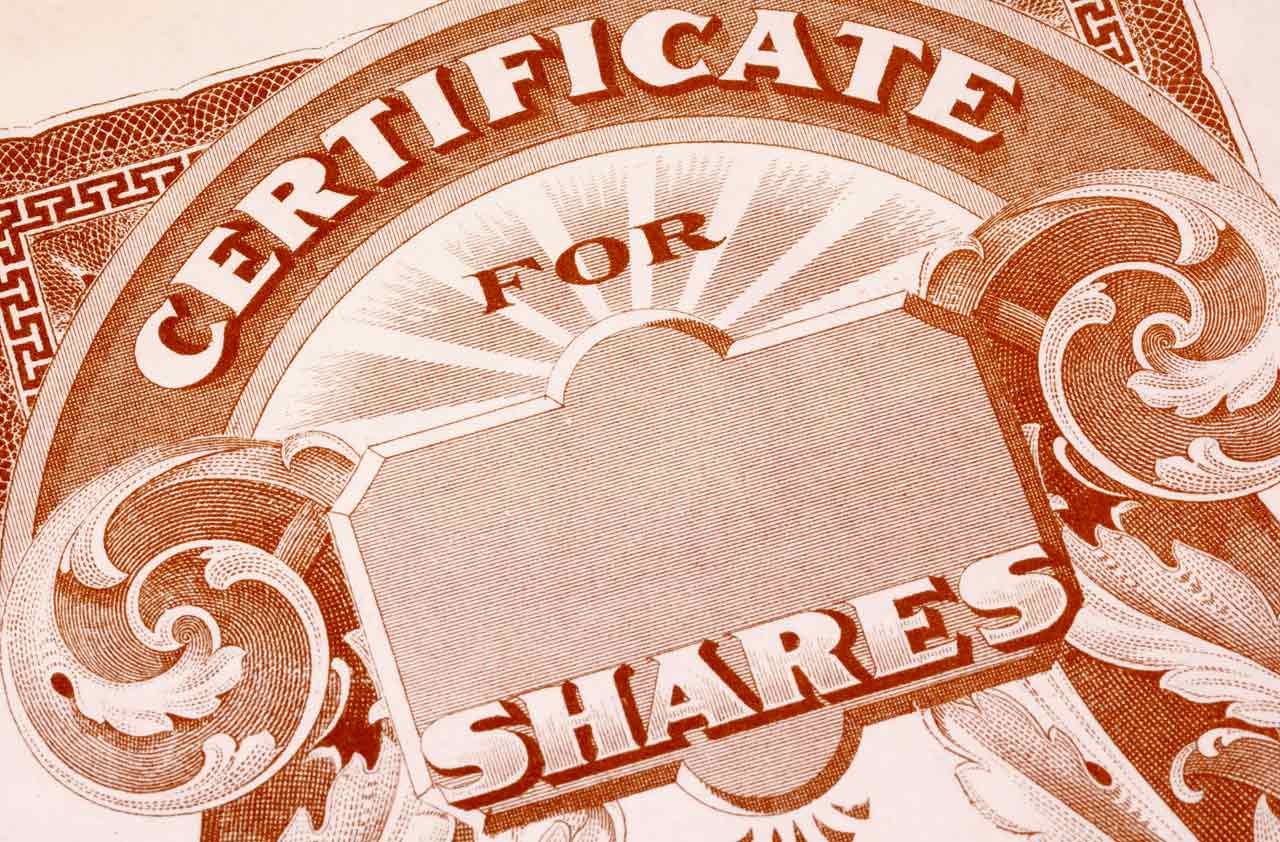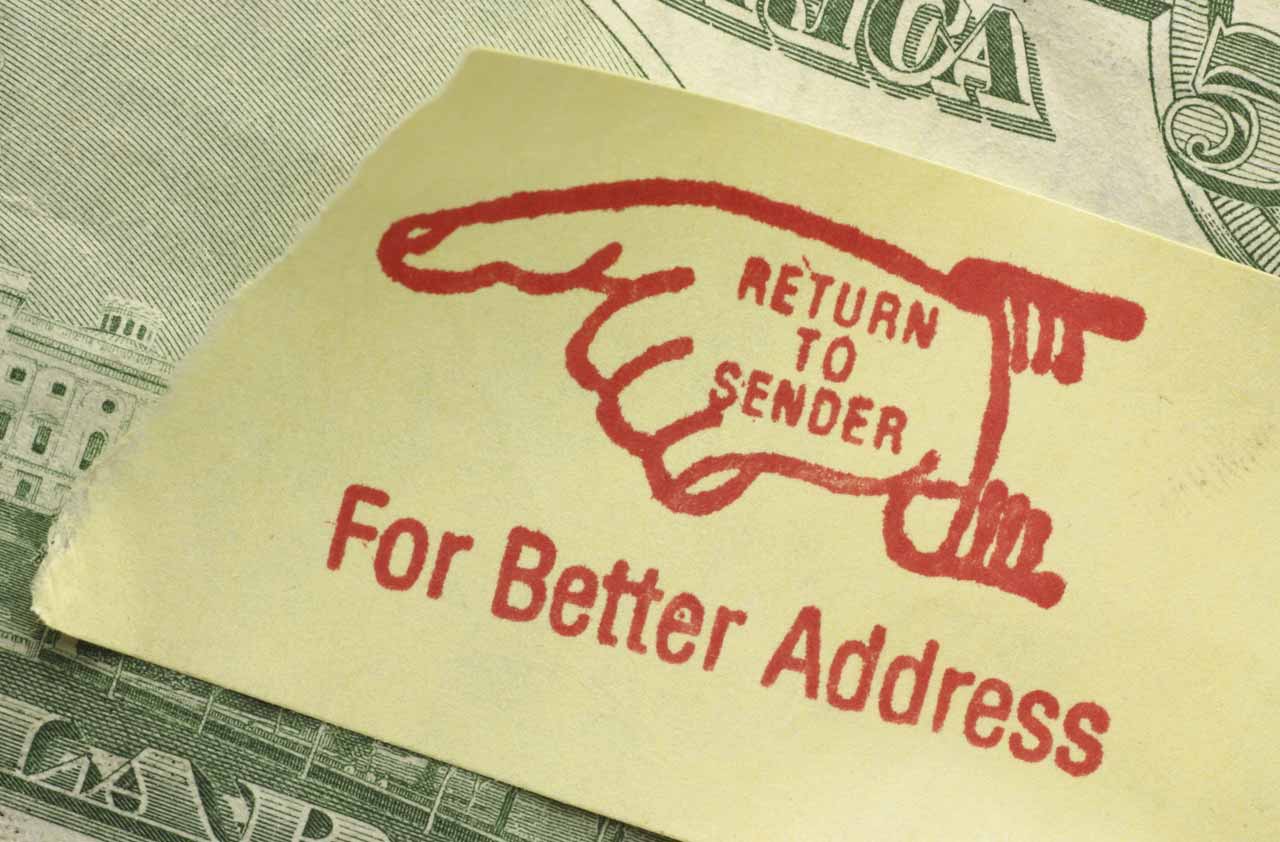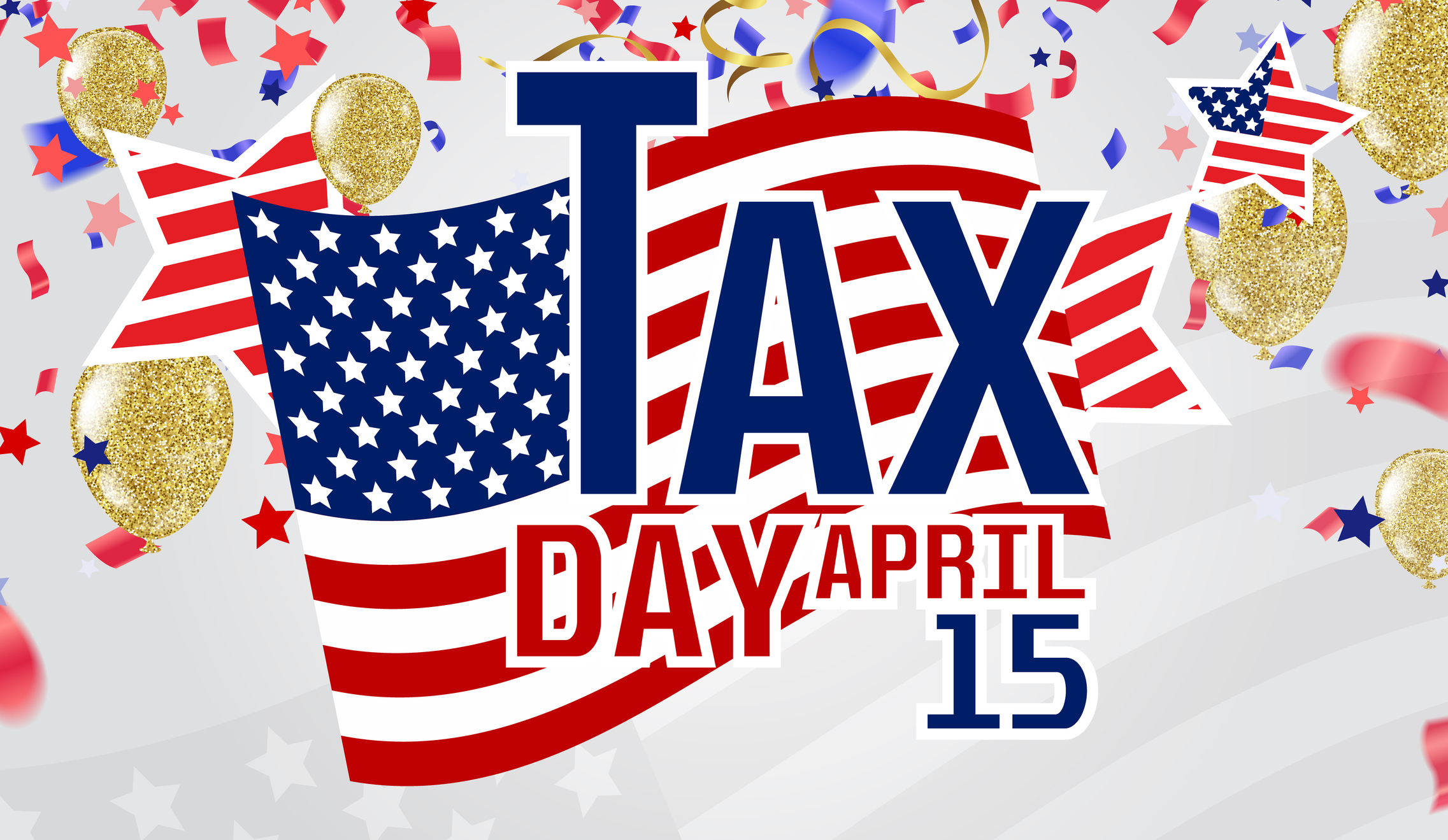9 Places to Find Free Money
State treasuries and other agencies are holding more than $40 billion in unclaimed assets, according to the National Association of Unclaimed Property Administrators (NAUPA).

Profit and prosper with the best of Kiplinger's advice on investing, taxes, retirement, personal finance and much more. Delivered daily. Enter your email in the box and click Sign Me Up.
You are now subscribed
Your newsletter sign-up was successful
Want to add more newsletters?

Delivered daily
Kiplinger Today
Profit and prosper with the best of Kiplinger's advice on investing, taxes, retirement, personal finance and much more delivered daily. Smart money moves start here.

Sent five days a week
Kiplinger A Step Ahead
Get practical help to make better financial decisions in your everyday life, from spending to savings on top deals.

Delivered daily
Kiplinger Closing Bell
Get today's biggest financial and investing headlines delivered to your inbox every day the U.S. stock market is open.

Sent twice a week
Kiplinger Adviser Intel
Financial pros across the country share best practices and fresh tactics to preserve and grow your wealth.

Delivered weekly
Kiplinger Tax Tips
Trim your federal and state tax bills with practical tax-planning and tax-cutting strategies.

Sent twice a week
Kiplinger Retirement Tips
Your twice-a-week guide to planning and enjoying a financially secure and richly rewarding retirement

Sent bimonthly.
Kiplinger Adviser Angle
Insights for advisers, wealth managers and other financial professionals.

Sent twice a week
Kiplinger Investing Weekly
Your twice-a-week roundup of promising stocks, funds, companies and industries you should consider, ones you should avoid, and why.

Sent weekly for six weeks
Kiplinger Invest for Retirement
Your step-by-step six-part series on how to invest for retirement, from devising a successful strategy to exactly which investments to choose.
State treasuries and other agencies are holding more than $40 billion in unclaimed assets, according to the National Association of Unclaimed Property Administrators (NAUPA). Some of it could be yours.
Unclaimed assets, often from accounts that have been inactive for a certain period of time, can include checking and savings, payroll checks, utility deposits and tax refunds. They may also include stock certificates, certificates of deposit, insurance benefits, pension payments and safe-deposit-box contents.
This slide show will point you toward resources that will help you track down your missing money.

The Unclaimed Property Clearinghouse
Whether you’re just curious or you suspect that you or someone in your family has missing assets, the best place to start your treasure hunt is Missingmoney.com. The national database is endorsed by the National Association of Unclaimed Property Administrators (NAUPA), as well as 39 U.S. states. You just need to enter a last name and state to start your nationwide search.

Your State's Unclaimed Property Program
- For a more targeted search, you can try NAUPA's www.unclaimed.org. The site connects you directly to each state's program. It also includes links to Puerto Rico, the U.S. Virgin Islands and a few Canadian provinces. The specific search can help you avoid getting overwhelmed by MissingMoney's nationwide results, especially if you have a common name. Just be sure to check all the states in which you've ever lived.

The Internal Revenue Service
The Internal Revenue Service is a treasure trove of lost loot. In 2017, the IRS reported that more than $1 billion in refunds were waiting to be claimed by people who had not filed 2013 returns. The average unclaimed check is for $763. You have three years to file past returns and claim your refund—so you have until April 17, 2018, to file your 2014 return. And you will not be penalized at all for filing late if you get a refund.
- If you did file your return and have yet to receive your expected refund, go to the IRS's Where’s My Refund? page. You need to enter your Social Security number, your filing status and the amount you were due as shown on your tax return.

Your Old Insurance Policy
Over the past decade, some major insurers, such as John Hancock, MetLife and Prudential, have demutualized. That is, they converted from mutual life insurance companies, owned by their policyholders, into publicly traded firms, owned by shareholders. In this process, the firms give their policyholders shares of stock or cash. The size of the payout depends on the face value of the policy, the length of time the policy has been in force, and the total amount of premiums paid.
However, many of the insurers couldn’t find policyowners. If you suspect that you or family members might be affected, contact the insurance company and ask about the possibility of missing demutualization money. The firm may have already surrendered the unclaimed assets to the state, in which case you can try tracking it down via Missingmoney.com or www.unclaimed.org.

Your Forgotten Stock Portfolio
Another common missing asset, old stock certificates, may be harder to track down. If you have the CUSIP number—an identification number used for stocks and bonds—call your broker and find out the value of the security. If you don’t have the CUSIP number but know the name of the company, try the investor-relations department of the firm and ask the registrar to help you.
- If the company already surrendered your unclaimed assets to the state—if it failed to locate you after it was acquired, for example—again you can check for the funds through Missingmoney.com or www.unclaimed.org. Just be sure to look for your name in three states: where you lived at the time of purchasing the stock, where the company was based and where it was incorporated.

Your Former Employer's Pension Plan
Were you a participant in a pension plan offered by a company that went out of business or closed its plan? Millions of dollars of pension benefits go unclaimed because those owed the money can't be found.
When your former employer can't find you, your pension money goes to the Pension Benefit Guaranty Corp., a government agency that protects retirement income. Check the PBGC's unclaimed pensions database to see if you're on its list of people owed benefits.

Your Old Bank
If your bank or financial institution closed and you didn't claim the funds in your account, you still might be able to get your money. The Federal Deposit Insurance Corp. has a list of unclaimed insured deposits at firms that were shut between 1989 and 1993. Post-1993 bank assets go directly to state treasuries.
Using the FDIC's BankFind tool, you can also trace what became of the old bank—for example, if it was absorbed by an existing financial institution that you can contact.

The Treasury Department
Savings bonds are more often forgotten than lost—billions of dollars of matured savings bonds have never been cashed.
To track down lost bonds, submit the Fiscal Service Form 1048, Claim for Lost, Stolen, or Destroyed United States Savings Bonds to the Treasury Department with dates of purchase, names on bonds and other pertinent information.

Credit Karma
Credit Karma, a consumer website that offers free credit scores and tax preparation, recently launched a tool that lets you search for unclaimed property in 20 states. The company plans to add more states; if you click on one that’s not included in the program, you’ll be directed to that state’s own unclaimed-property website.
You don’t have to be a member of Credit Karma to use the tool. However, if you become a member, Credit Karma will notify you of future unclaimed-property reports that match your profile. Membership is free; Credit Karma makes money when you sign up for recommended products, such as credit cards and car loans.
Profit and prosper with the best of Kiplinger's advice on investing, taxes, retirement, personal finance and much more. Delivered daily. Enter your email in the box and click Sign Me Up.
-
 Dow Adds 1,206 Points to Top 50,000: Stock Market Today
Dow Adds 1,206 Points to Top 50,000: Stock Market TodayThe S&P 500 and Nasdaq also had strong finishes to a volatile week, with beaten-down tech stocks outperforming.
-
 Ask the Tax Editor: Federal Income Tax Deductions
Ask the Tax Editor: Federal Income Tax DeductionsAsk the Editor In this week's Ask the Editor Q&A, Joy Taylor answers questions on federal income tax deductions
-
 States With No-Fault Car Insurance Laws (and How No-Fault Car Insurance Works)
States With No-Fault Car Insurance Laws (and How No-Fault Car Insurance Works)A breakdown of the confusing rules around no-fault car insurance in every state where it exists.
-
 The 'Scrooge' Strategy: How to Turn Your Old Junk Into a Tax Deduction
The 'Scrooge' Strategy: How to Turn Your Old Junk Into a Tax DeductionTax Deductions We break down the IRS rules for non-cash charitable contributions. Plus, here's a handy checklist before you donate to charity this year.
-
 Tax Day 2025: Don’t Miss These Freebies, Food Deals and Discounts
Tax Day 2025: Don’t Miss These Freebies, Food Deals and DiscountsTax Day You can score some sweet deals on April 15 in some select restaurants like Burger King, Shake Shack, and more.
-
 What to Do With Your Tax Refund: 6 Ways to Bring Growth
What to Do With Your Tax Refund: 6 Ways to Bring GrowthUse your 2024 tax refund to boost short-term or long-term financial goals by putting it in one of these six places.
-
 What Does Medicare Not Cover? Eight Things You Should Know
What Does Medicare Not Cover? Eight Things You Should KnowMedicare Part A and Part B leave gaps in your healthcare coverage. But Medicare Advantage has problems, too.
-
 15 Reasons You'll Regret an RV in Retirement
15 Reasons You'll Regret an RV in RetirementMaking Your Money Last Here's why you might regret an RV in retirement. RV-savvy retirees talk about the downsides of spending retirement in a motorhome, travel trailer, fifth wheel, or other recreational vehicle.
-
 QCD Limit, Rules and How to Lower Your 2026 Taxable Income
QCD Limit, Rules and How to Lower Your 2026 Taxable IncomeTax Breaks A QCD can reduce your tax bill in retirement while meeting charitable giving goals. Here’s how.
-
 The Big CPA Shortage Problem in Accounting: What it Means for Your Tax Return
The Big CPA Shortage Problem in Accounting: What it Means for Your Tax ReturnCareer This once resilient accounting industry is cracking, as the labor force seems in dire straits. It’s also affecting the IRS.
-
 IRS: How to Get a 401(k) Match for Your Student Loan Payment
IRS: How to Get a 401(k) Match for Your Student Loan PaymentSavings Those with 401(k), 403(b), and other savings plans might get relief through their employer-provided retirement account.
